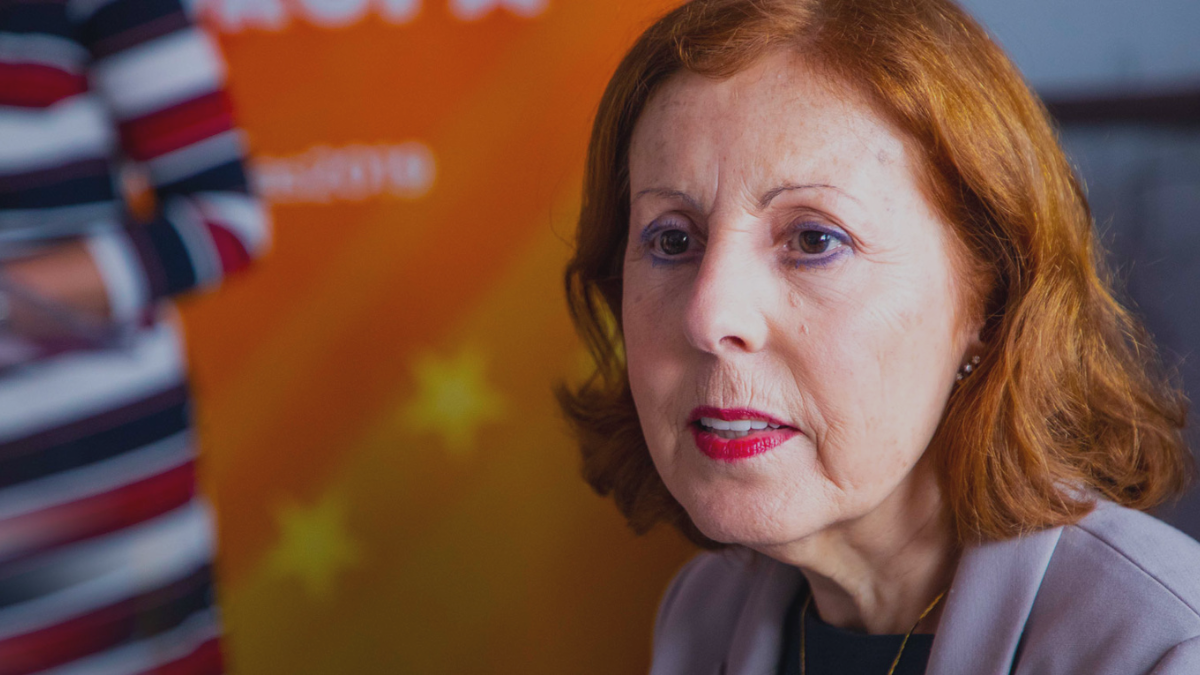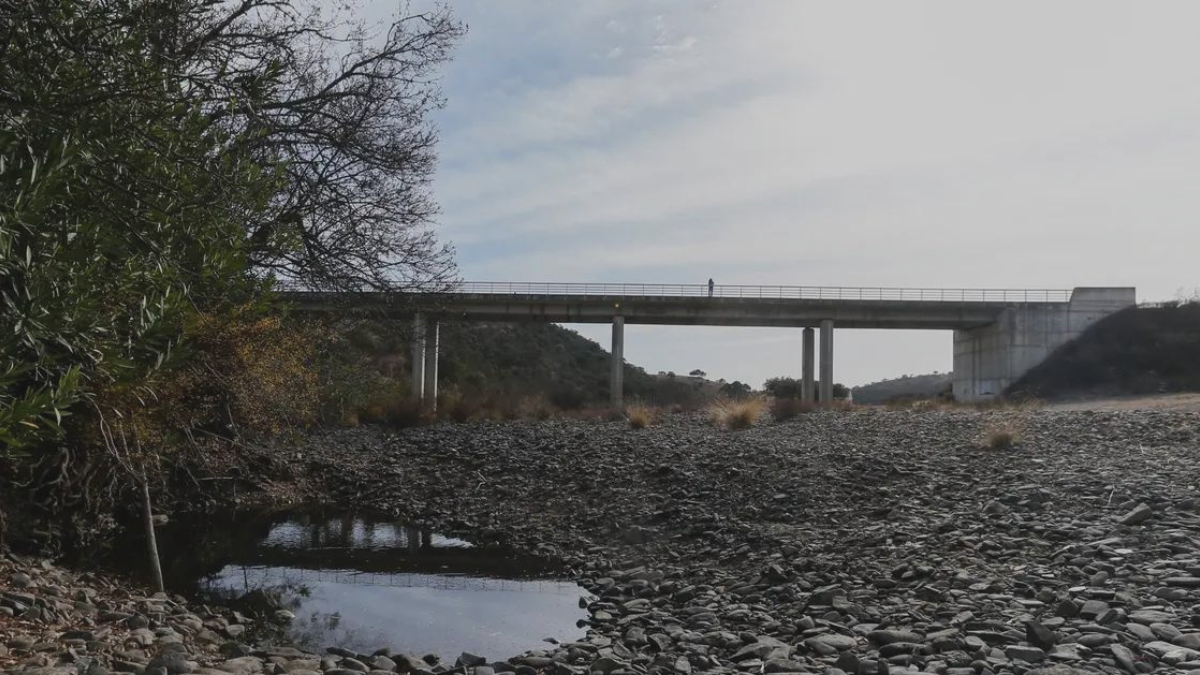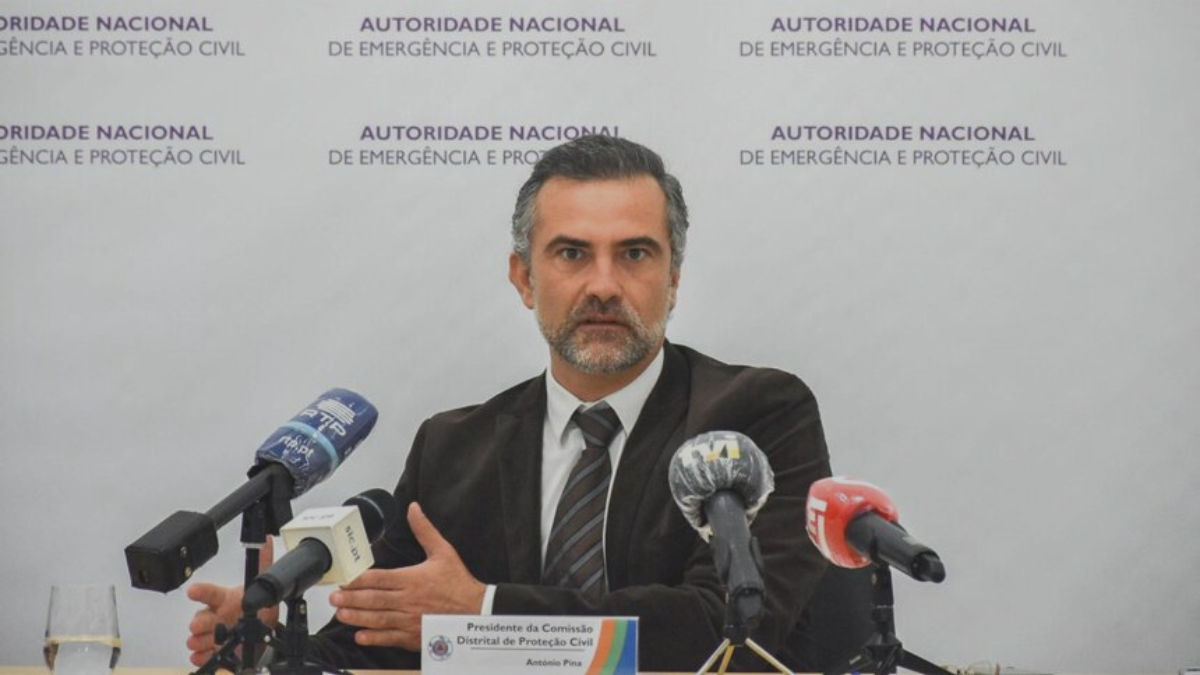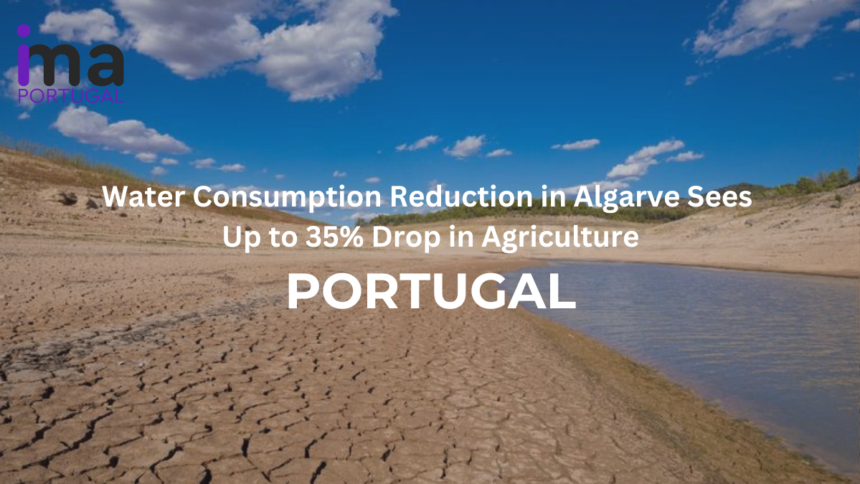Water consumption in the Algarve has decreased since May, with reductions ranging from 9.6% in the urban sector to 35% in agriculture. The region will maintain the restrictions set that month until the end of the year, the Environment Minister revealed today.
Read More About: Government To Invest €5.2 Million On Water Resources In Algarve To Eradicate Drought
Water Consumption Reduction in Algarve: Meeting Overview
Graça Carvalho was present at Faro to attend the meeting of the Regional Sub-committee of the Southern Zone of the Reservoirs Management Commission. She talked to the journalists following the meeting and said:
Everyone made an effort, but there are some sectors that performed better than others. The agriculture sector was the one that made the greatest effort.

Eased Restrictions and Efforts
In May, the Government, led by Luís Montenegro, eased the water consumption restrictions in agriculture and the urban sector in the Algarve. These restrictions had initially been set in February by the previous administration, led by António Costa, to address the drought in the region.
The minister further specified:
It was agreed that agriculture and tourism would make a 13% effort to save water. Agriculture made 35%, villages and developments that signed up to the ‘Save Water’ seal saved 14%, golf made a major effort, saving 22%, and municipalities, which should have saved 10%, saved 9.6%.
Graça Carvalho admitted, however, that there is inequality between municipalities. She added:
There are municipalities that saved a lot and there are others that did not save, they remained more or less the same.
Future Actions and Funding Needs

In this regard, the Minister of Environment and Energy assured that the restrictions defined in May will remain in place until the end of the year. Furthermore, she pointed out:
There is no worsening because, on average, we managed to exceed what we wanted to save and, therefore, we can say: the Algarve, as a whole, saved more water than we intended. This is very good. We have 16 cubic hectometres more than last year at the same time. But to say that last year was a year of very severe drought, we have to continue making a great effort.
The Government will release the final report at the end of 2024 and has promised to take action if municipalities or other sectors fail to continue saving. Moreover, they will adjust measures based on water usage and availability.
In addition to reducing consumption, the minister emphasized the need to create new water sources. She highlighted a series of investments in the Algarve’s water sector, with a total budget of 360 million euros, of which 260 million will come from the Recovery and Resilience Plan (RRP).
Also Read: Portugal To Supply Water To Spain For 2 Million Euros Per Year
Graça Carvalho said that the tender for the desalination plant project in the municipality of Albufeira is already in the final phase. She also mentioned that the project will receive 100% financing from the PRR if completed swiftly.
The minister highlighted:
If the project moves forward quickly, there will be no problem in it being entirely financed by the PRR, because we need projects that are executed quickly. If everything goes well, it can be financed 100% by the PRR. I hope that this is the solution.
In August, António Miguel Pina, president of the Algarve Intermunicipal Community (AMAL), warned that the construction of the future desalination plant requires an additional 50 million euros. However, this amount exceeds the funding allocated under the Recovery and Resilience Plan (RRP).
The mayor at the time said:
The project initially had a certain expected value and today, we know, it will be between 106 and 108 million [euros]. The two proposals presented were in that order of values, which means that there is a further 50 million [euros] needed to finance 100% of this investment.

Agreement with Spain
In contrast, the Minister of Environment and Energy will meet next week with her Spanish counterpart, Teresa Ribera. They will finalize the agreement between the two countries to advance water capture from the Guadiana River in the Pomarão area of Mértola municipality, Beja district, to supply the Algarve.






